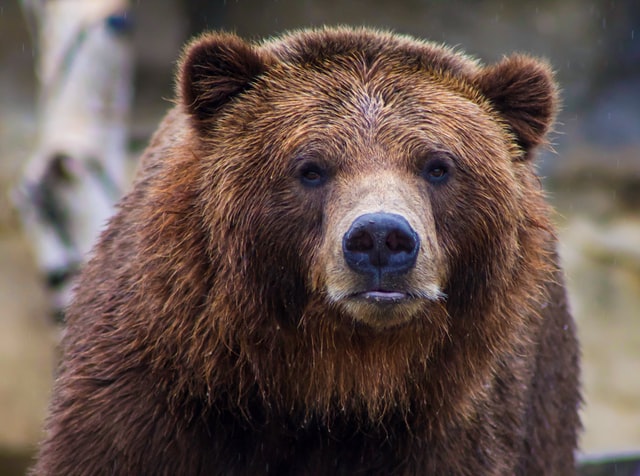21 Sept. 2021. A company discovering new drugs for a range of diseases based on the genomes of hibernating animals is raising $9 million in seed funds. Fauna Bio is a three year-old enterprise in Emeryville, California founded by researchers in veterinary medicine, genetics, and computational biology at Stanford University and other institutions.
Fauna Bio identifies human drug targets from biological processes that enable other mammals to survive under extreme conditions, particularly hibernation. The company says these processes offer clues for drugs to address chronic disorders affecting large populations, such as heart disease, cancer, diabetes, and Alzheimer’s disease. Fauna Bio says it amassed the world’s largest biobank of hibernating animals covering genetics, epigenetics, and protein chemistry from 260 species. The company then applies computational tools, including deep machine learning, to find corresponding pathways in humans addressable by drugs.
Fauna Bio identifies pharmaceutical targets in genes of hibernating mammals that allow their biological processes to be switched off and on, in a technology the company calls Convergence. These target genes, says the company, provide protection to hibernating animals from similar processes that would cause serious disease or injury to humans. Since humans share the vast majority of their genetics with other mammals, often 90 percent or more, a systematic investigation of genetic processes that protect hibernating animals can offer new targets for drugs to treat several types of diseases.
Natural synergies to improve health and wellness
For example, prior to hibernation says Fauna Bio, animals become obese and insulin resistant, then cease all food intake during hibernation. Also, hibernating animals remain sedentary for several months, yet do not suffer bone loss or muscle atrophy. And, neurons or nerve cells in the brains of hibernating animals form tau protein plaques as in Alzheimer’s disease in humans and their synapses lose connectivity, yet these animals do not suffer comparable brain damage in humans.
“Through millions of years of evolution,” says Fauna Bio co-founder and CEO Ashley Zehnder in a company statement released through Cision, “animals have developed ways to naturally resist and heal from a range of conditions that still plague humans. We are using these natural synergies between us and other mammals to improve health and wellness and, ultimately, longevity in humans.”
Fauna Bio is raising $9 million in its seed venture funding round. The financing is led by health technology investor LifeForce Capital in San Francisco, with participation by True Ventures, Boom Capital, Pacific 8 Ventures, BioMed Ventures, Vibe Capital, and Arcadia Science. Fauna Bio expects to use the proceeds to speed discovery of new therapy targets.
The company says it already identified compounds and therapeutic targets for heart disease and fibrosis, a symptom arising in chronic diseases such as non-alcoholic steatohepatitis, or NASH, kidney disease, and diabetic cardiomyopathy. Fauna Bio also collaborates with drug maker Novo Nordisk on discovery of treatments for obesity. As reported by Science & Enterprise in March 2021, the company received a Small Business Technology Transfer grant from National Human Genome Research Institute, part of National Institutes of Health, to validate therapy targets for preventing heart attacks.
More from Science & Enterprise:
- Gene-Edited Treatments in Works for Safer Cancer Therapies
- Pharma, Synthetic Bio Companies to Find Antibody Therapies
- Biotechs Partner on Synthetic Plant-Based Drugs
- Synthetic Blood Vessel Maker Gains $2.2M in Seed Funds
- Biotechs Partner on Lower Cost AI-Designed Drugs
* * *


 RSS - Posts
RSS - Posts
[…] Animal Genome Biotech Raises $9M in Seed Funds […]
[…] Animal Genome Biotech Raises $9M in Seed Funds […]